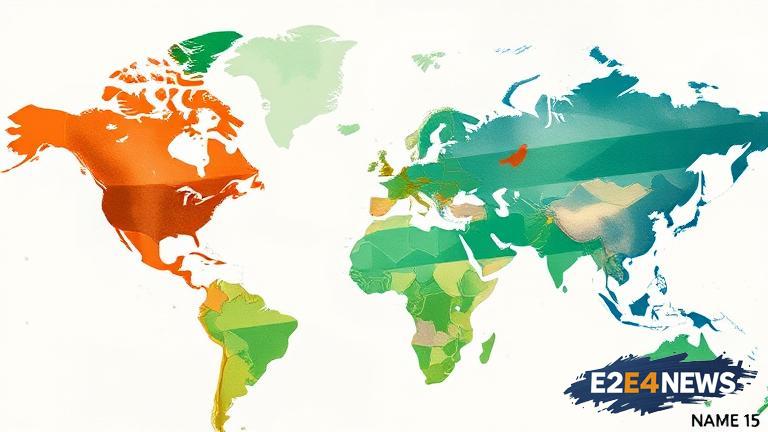The world is witnessing a profound transformation in the global economy, with far-reaching implications for nations, businesses, and individuals. The rise of emerging markets, particularly in Asia, is redefining the global economic landscape. Countries such as China, India, and Indonesia are increasingly playing a more prominent role in international trade and investment. Meanwhile, the United States and European Union are adapting to this new reality, seeking to maintain their economic influence and competitiveness. Technological advancements, including artificial intelligence, blockchain, and the Internet of Things, are driving innovation and disrupting traditional industries. The COVID-19 pandemic has accelerated the shift towards digitalization, with e-commerce, remote work, and online education becoming the new norm. As the global economy becomes more interconnected, issues such as climate change, inequality, and cybersecurity are gaining prominence. The World Trade Organization is facing challenges in promoting free trade and resolving disputes, while the International Monetary Fund is working to stabilize the global financial system. The European Union is navigating the complexities of Brexit, while the United States is reevaluating its trade relationships with China and other nations. The Middle East, with its vast oil reserves and strategic location, is poised to play a critical role in the new global economic order. Saudi Arabia, in particular, is undergoing significant economic reforms, aimed at diversifying its economy and reducing its dependence on oil exports. The kingdom’s Vision 2030 plan is a comprehensive strategy to develop its non-oil sectors, including tourism, manufacturing, and renewable energy. As the global economy continues to evolve, nations must be prepared to adapt and innovate, investing in education, infrastructure, and research and development. The future of work, with its emphasis on skills training and lifelong learning, will be critical in ensuring that workers are equipped to thrive in an increasingly automated and interconnected world. Furthermore, the importance of international cooperation and diplomacy cannot be overstated, as nations work together to address common challenges and promote sustainable economic growth. In conclusion, the global economy is at a crossroads, with significant opportunities and challenges ahead. As the world navigates this new landscape, it is essential to prioritize cooperation, innovation, and sustainability, to ensure a brighter future for all.
